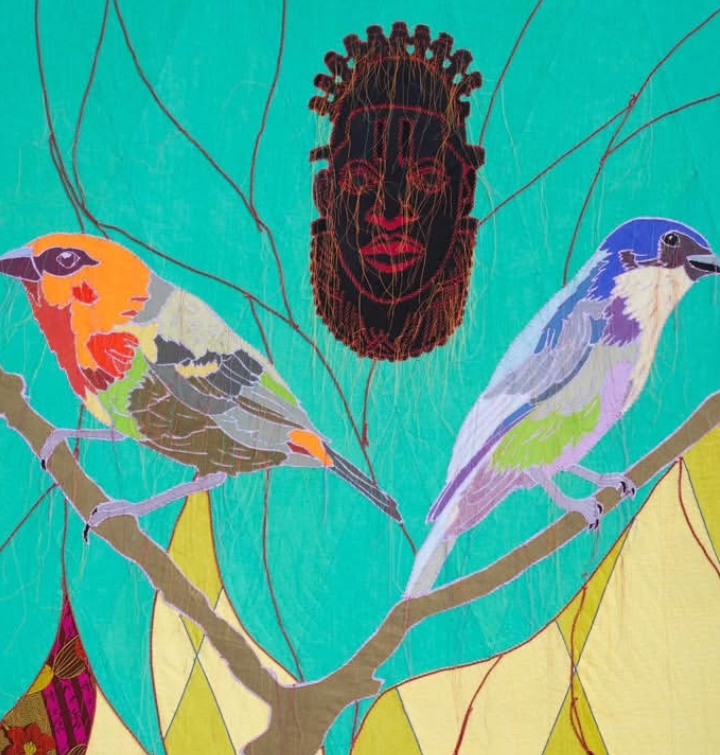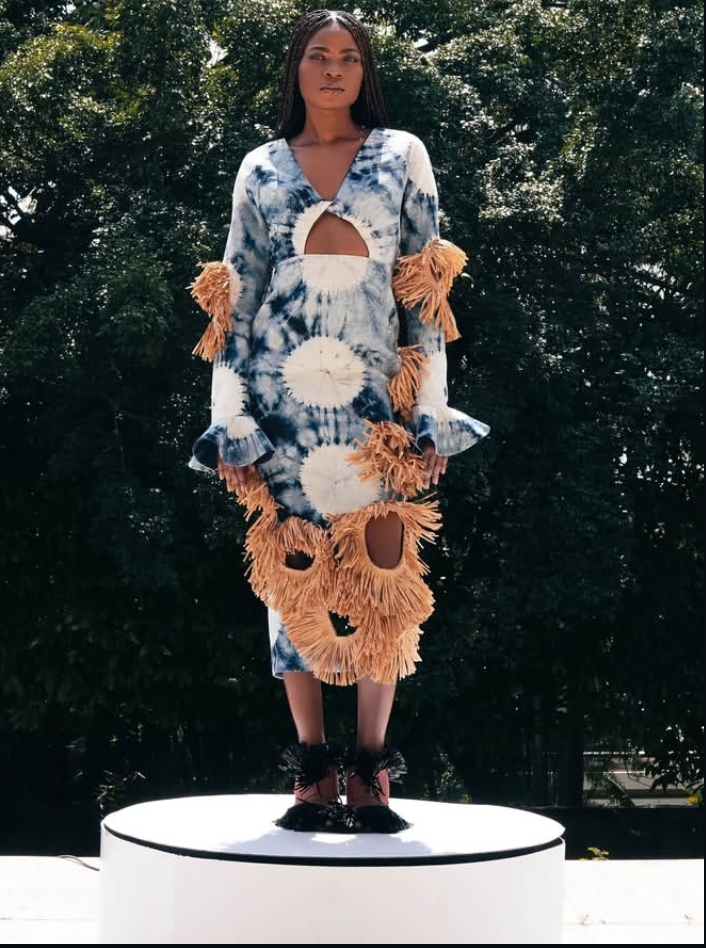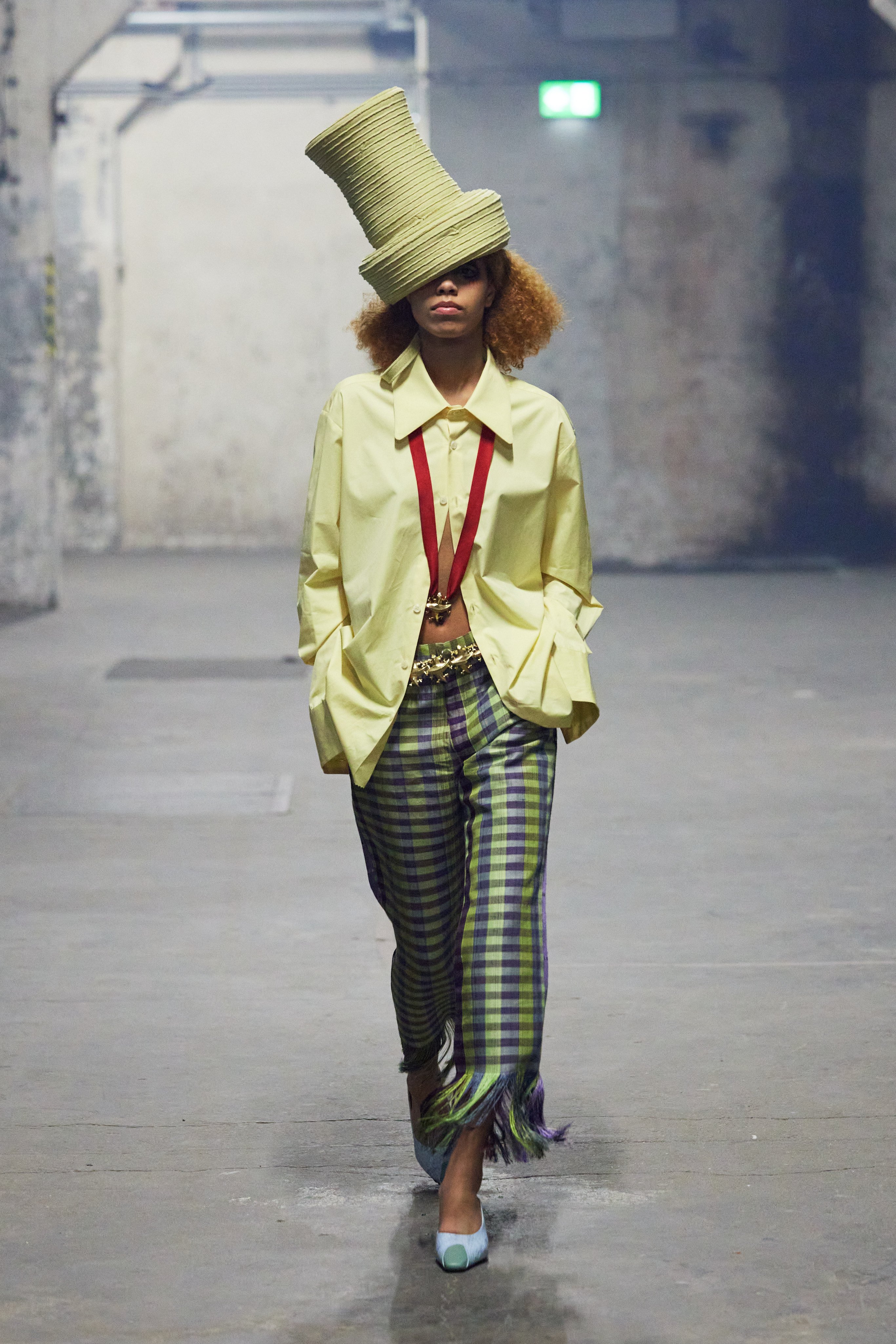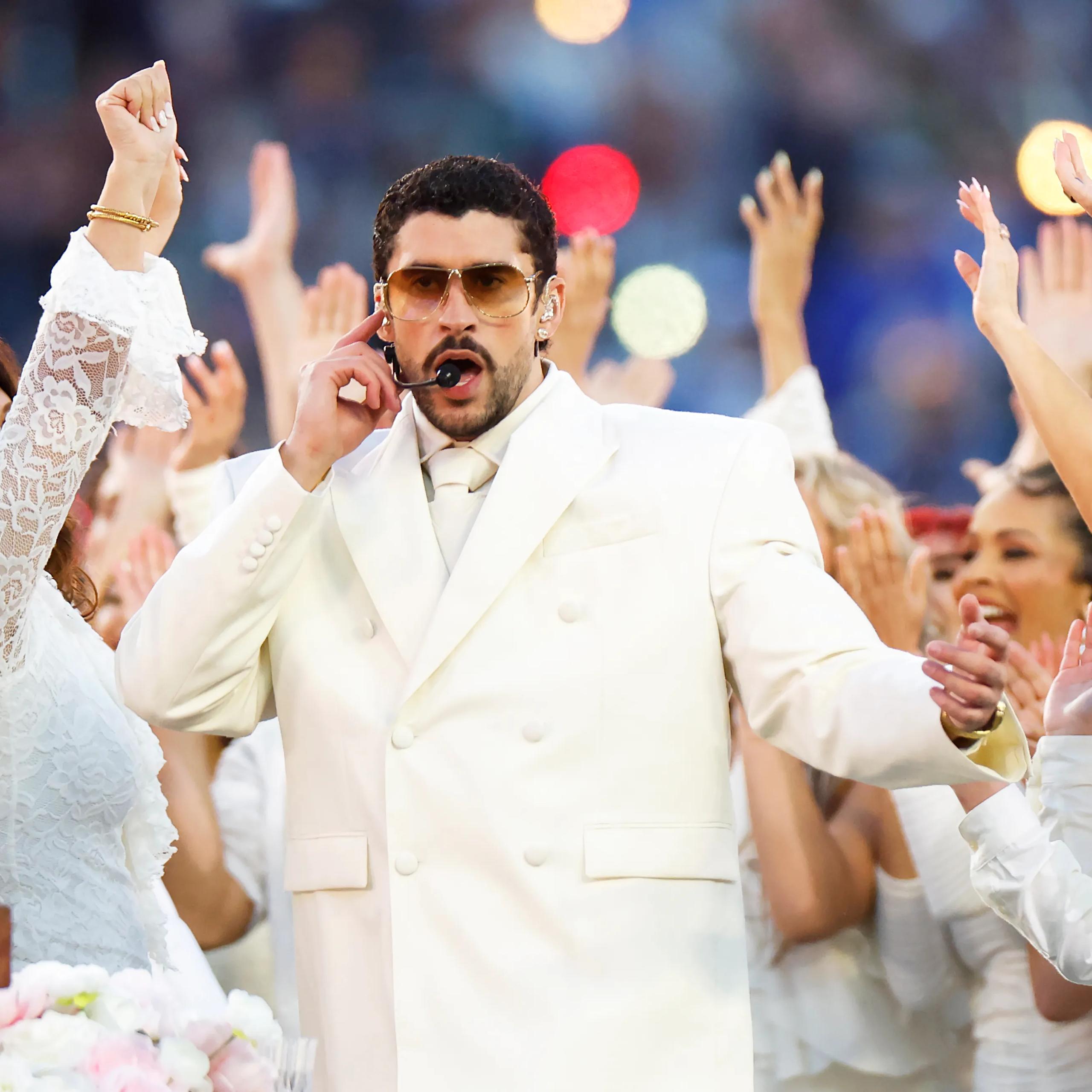There’s a rhythm in the way our mothers call our names — a melody no foreign tongue can mimic. It’s in the pauses, the pitch, the pulse of home. Our mother language is more than sound; it’s sculpture. Each word is shaped by memory, molded by love, and painted with history.

Before we wrote, we spoke. Before we spoke, we sang. Across Africa, language has always lived beyond words. It’s in the ululations that crown new life, in the chants that guide farmers, in the call and response of the market women. Our tongues carry rhythm — not just in the sound, but in the meaning that only the heart can translate.
In Yoruba, tone can turn peace into mockery or blessing into question. In Wolof, you can measure respect in the softness of a greeting. In Shona, language flows like river water — full of proverbs and pauses. To speak your mother tongue is to inherit generations of performance; it’s to dance with your own history.
But time and translation have stolen much. Colonial borders fractured our sounds, teaching us to measure intelligence in borrowed words. We began to whisper our languages instead of singing them. Yet, like all things African, what is buried is never dead.
Today, the revival is loud — through art, music, and fashion. Designers like Laduma Ngxokolo weave Xhosa patterns and words into knitwear that speak identity without translation. Loza Maléombho bends tradition and futurism, naming each piece in Bété or French — both voices present, both proud. Yinka Shonibare plays with text and textile, turning postcolonial language into visual protest. Our artists are reclaiming what the classroom once made us hide.
And then there’s the sound — the tongue makes a beat. You hear it when artists like Seyi vibes and Asake Yoruba into swagger, when Sho Madjozi raps in Tsonga, when Jeriq lets Enugu slang find melody. Across the continent, our languages are returning to the mic, to the canvas, to the runway. They remind us that our mother tongue is not just speech — it’s style, sound, and soul.
To speak it is to stand taller. To sing it is to heal something. The mother tongue doesn’t beg to be global; it already is — it lives wherever an African heart beats.
Our generation speaks in remix — Yoruba and pidgin, Swahili and English, Wolof and French. We are multilingual mosaics, blending old worlds and new. Every “chai,” “asé,” “habibi,” or “oya” that slips into our sentences is proof that we are still translating ourselves back home.
To return to your mother tongue is to return to your body. To the first rhythm you ever knew. The one your mother hummed before you had words for love.
.svg)







.png)

